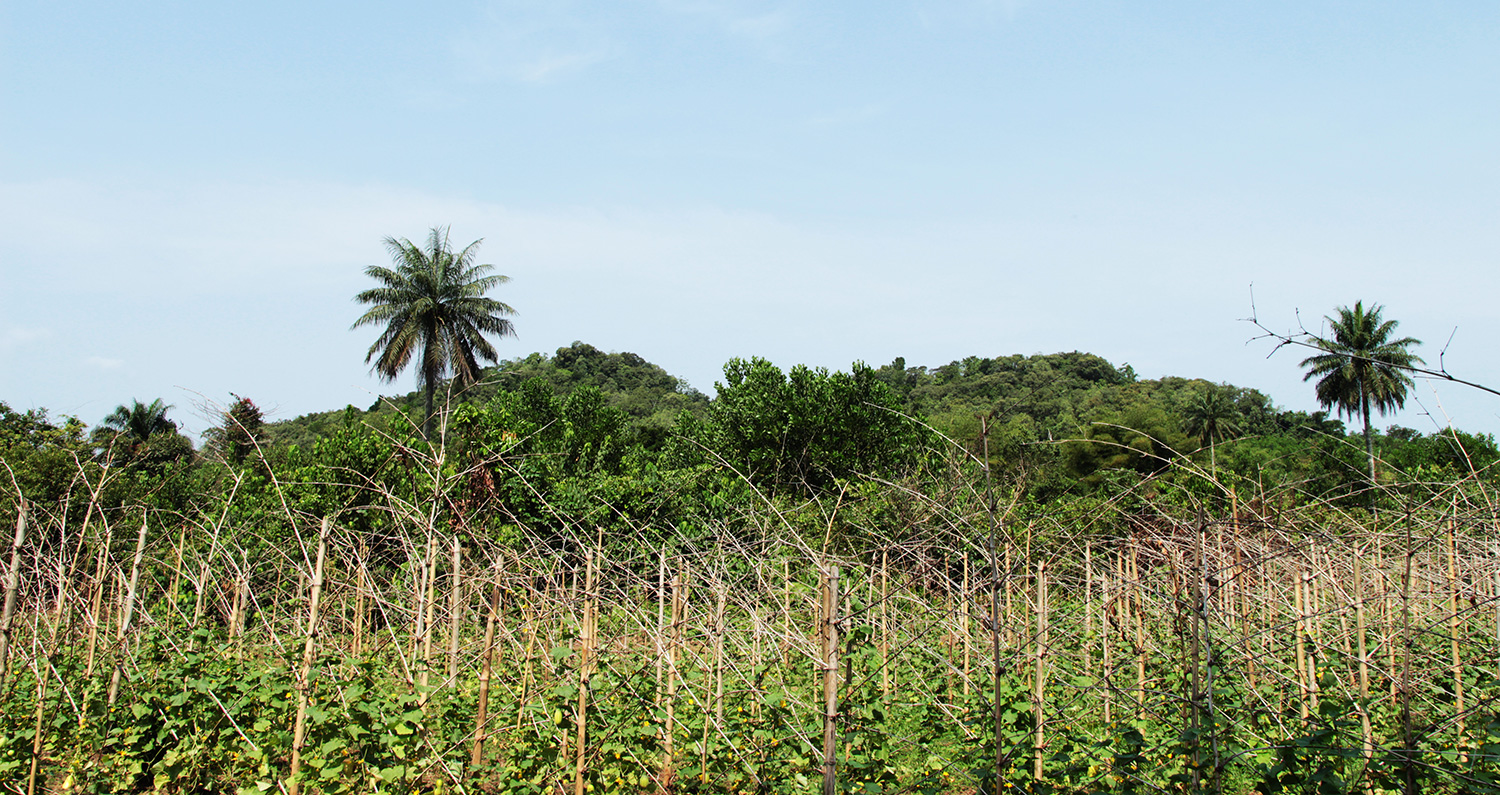Earth Day 2023: 5 ways to invest in our planet, people, and potential
The need for climate action is more urgent than ever. On Earth Day, discover five ways BRAC is investing in our planet, its people, and their potential amid the climate crisis.
BY SARAH ALLEN
BRAC was founded in Bangladesh in 1972 in the wake of a cyclone that ravaged the country. Since then, BRAC has supported communities through countless cyclones, floods, and other climate shocks that continue to intensify in frequency and severity.
Just last year, Bangladesh experienced the worst floods in more than a century. And today, although Bangladesh produces only 0.56% of global emissions, it is the seventh-most climate-affected country in the world.
This year, the theme for Earth Day is Investing in our Planet. At BRAC, we believe that investing in our planet means investing in its people and their potential.
In the countries where BRAC works across Asia and Africa, communities are disproportionately likely to experience climate shocks — and disproportionately vulnerable to their impacts. On Earth Day, discover five ways that BRAC is investing in people and potential to address the climate crisis.
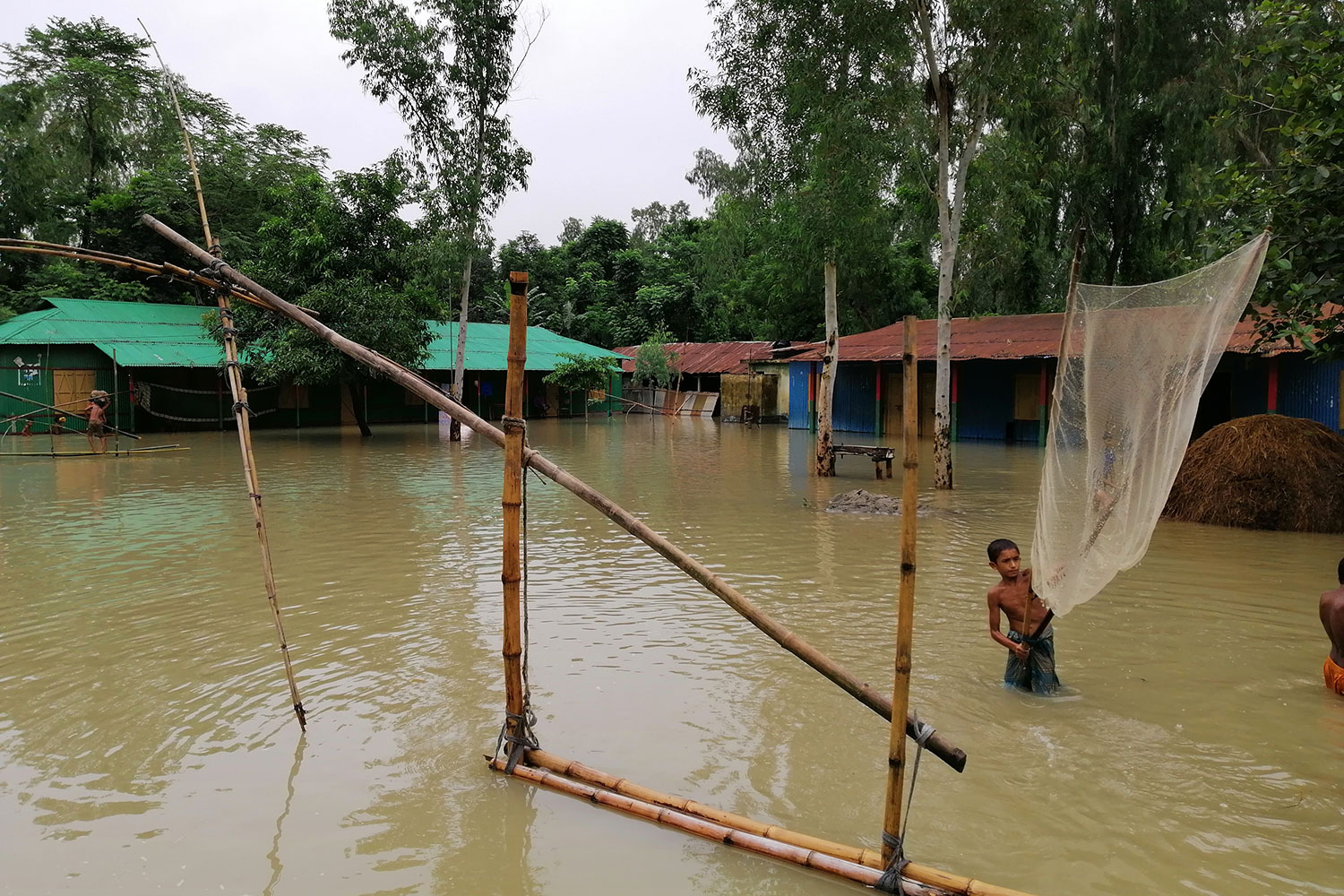
1. Building resilience to disasters among climate-vulnerable communities
For the most vulnerable communities, climate shocks are not just inconvenient: They destroy lives and livelihoods. For those who lack access to banks or depend on physical assets like livestock or a sewing machine to earn an income, families can lose everything in a disaster: Their homes, their savings, and their livelihoods.
In response, BRAC focuses on strengthening communities’ readiness for disasters, responding to the urgent needs of vulnerable families amid emergencies, and supporting the resilience of affected communities after disaster strikes to equip them to withstand future crises.
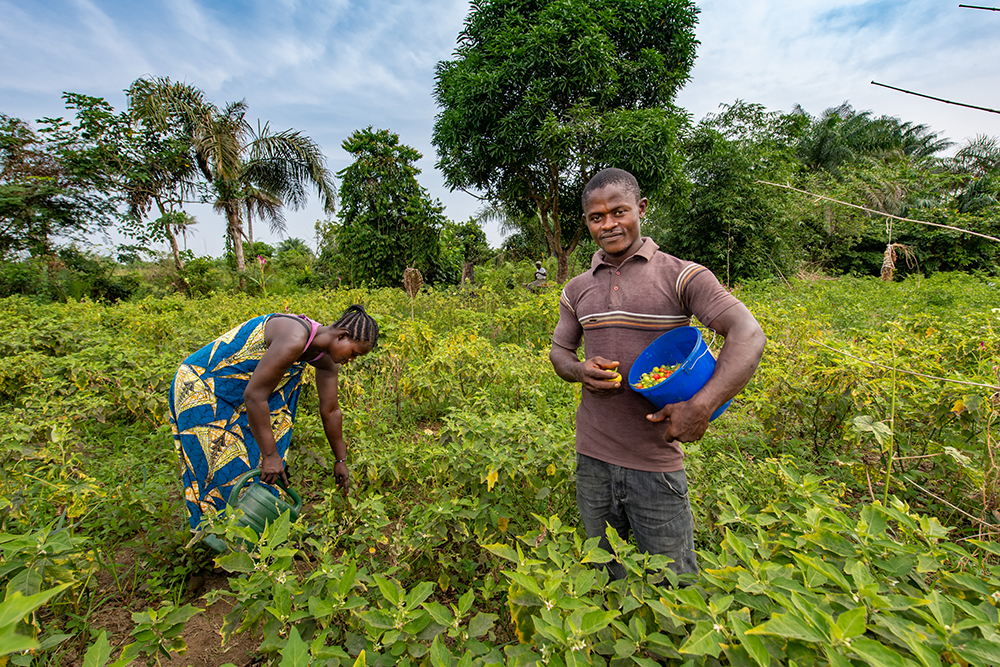
2. Investing in climate-smart livelihoods
Smallholder farmers produce a third of the world’s food, and their role is particularly critical in combating food security in the Global South. But farmers in the Global South are also the most vulnerable to climate impacts such as flooding and desertification.
In response, BRAC invests in climate-smart livelihoods, training farmers and agricultural entrepreneurs to adapt and respond to climate impacts. This way, farmers can increase their food production and income while supporting environmental conservation, reducing greenhouse gas emissions, and adapting to climate shocks that impact crop yields.
BRAC also trains community-based agriculture entrepreneurs to provide climate-smart advice to local farmers and distribute vital inputs such as drought-tolerant and disease-resistant seed varieties to farmers.
Additionally, we are adapting our flagship Ultra-Poor Graduation program to address climate change, training participants in climate-smart livelihoods and building resilience to climate shocks.
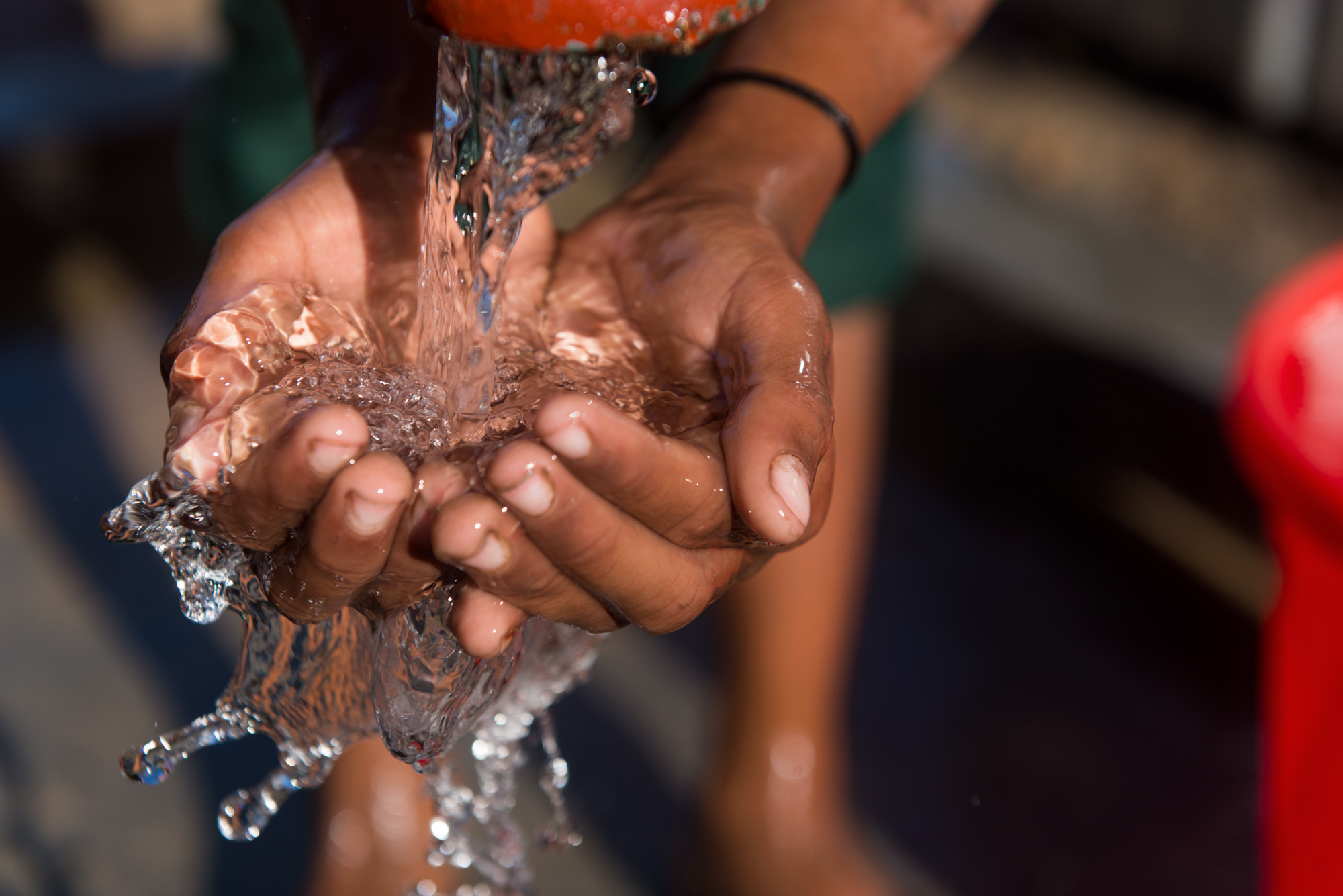
3. Expanding sustainable access to clean water
One of the major global challenges that has been exacerbated by climate change is access to clean water. In Bangladesh, for example, more frequent cyclones and tidal flooding have increased saline levels in drinking water supplies.
In order to provide sustainable access to clean water, BRAC has supported and trained entrepreneurs to set up water treatment plants that purify water through reverse osmosis, enabling them to start livelihoods while delivering affordable drinking water in their communities.
BRAC has also supported community rainwater harvesting efforts and set up climate action groups that take ownership of safe drinking water efforts in their own communities.
>>>Read more: Find out how BRAC trained water entrepreneurs to provide clean water for all.
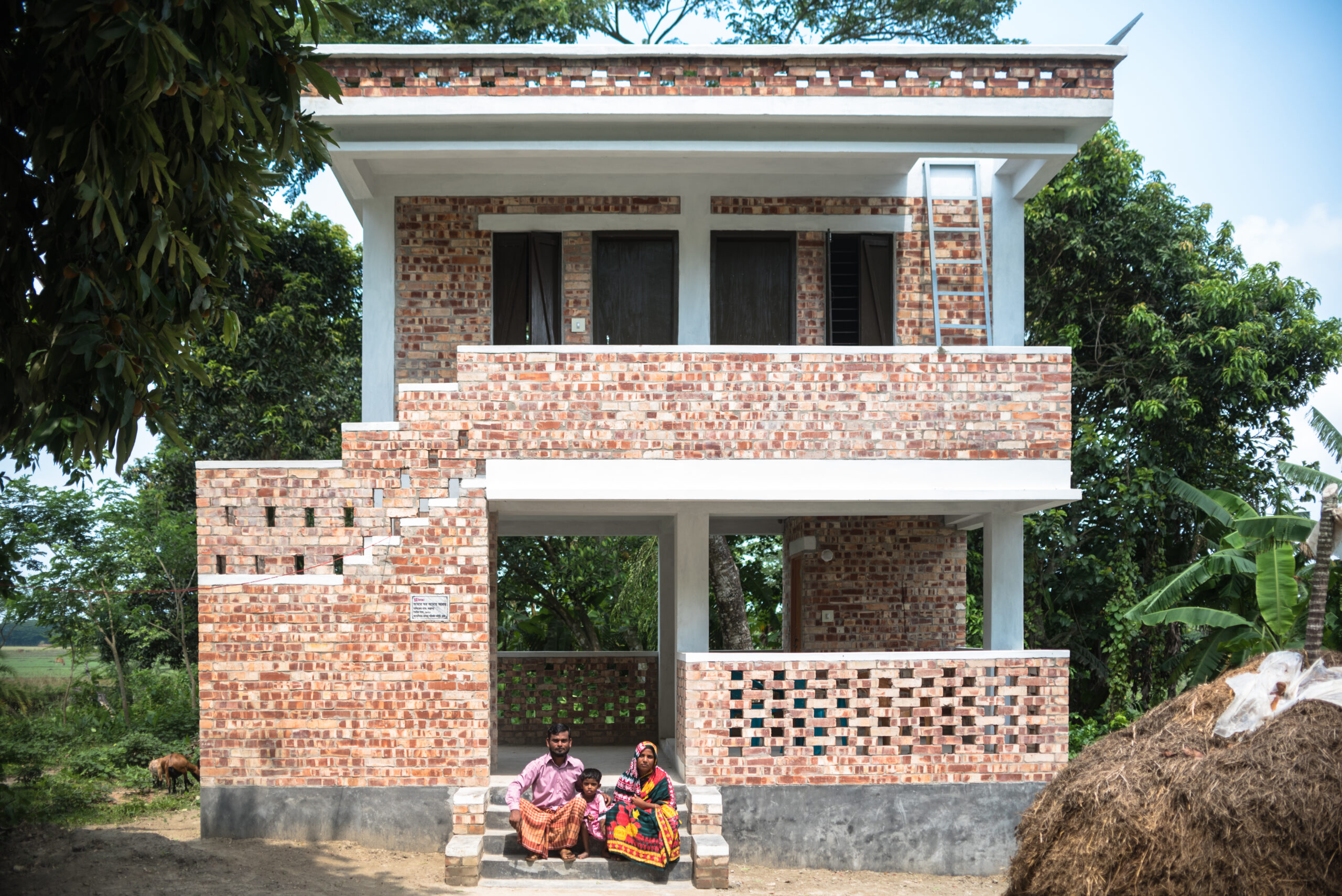
4. Elevating locally-led climate solutions
Communities on the frontlines of climate shocks, particularly in the Global South, most directly feel the impacts of climate change, and they have valuable contributions and solutions to offer in the climate fight.
But those communities often receive the least investment in climate solutions and are the least consulted about and involved in climate policy.
That’s why BRAC is advocating for policymakers and practitioners around the globe to support locally-led climate adaptation efforts at global events like the United Nations Climate Change Conference.
Additionally, BRAC has set up the Climate Bridge Fund to support grassroots climate change projects run by small local nonprofits and community organizations in Bangladesh. Using income generated from socially responsible investments, the fund is a sustainable source of resources to fill the gap to support solutions designed by those most affected by climate change.
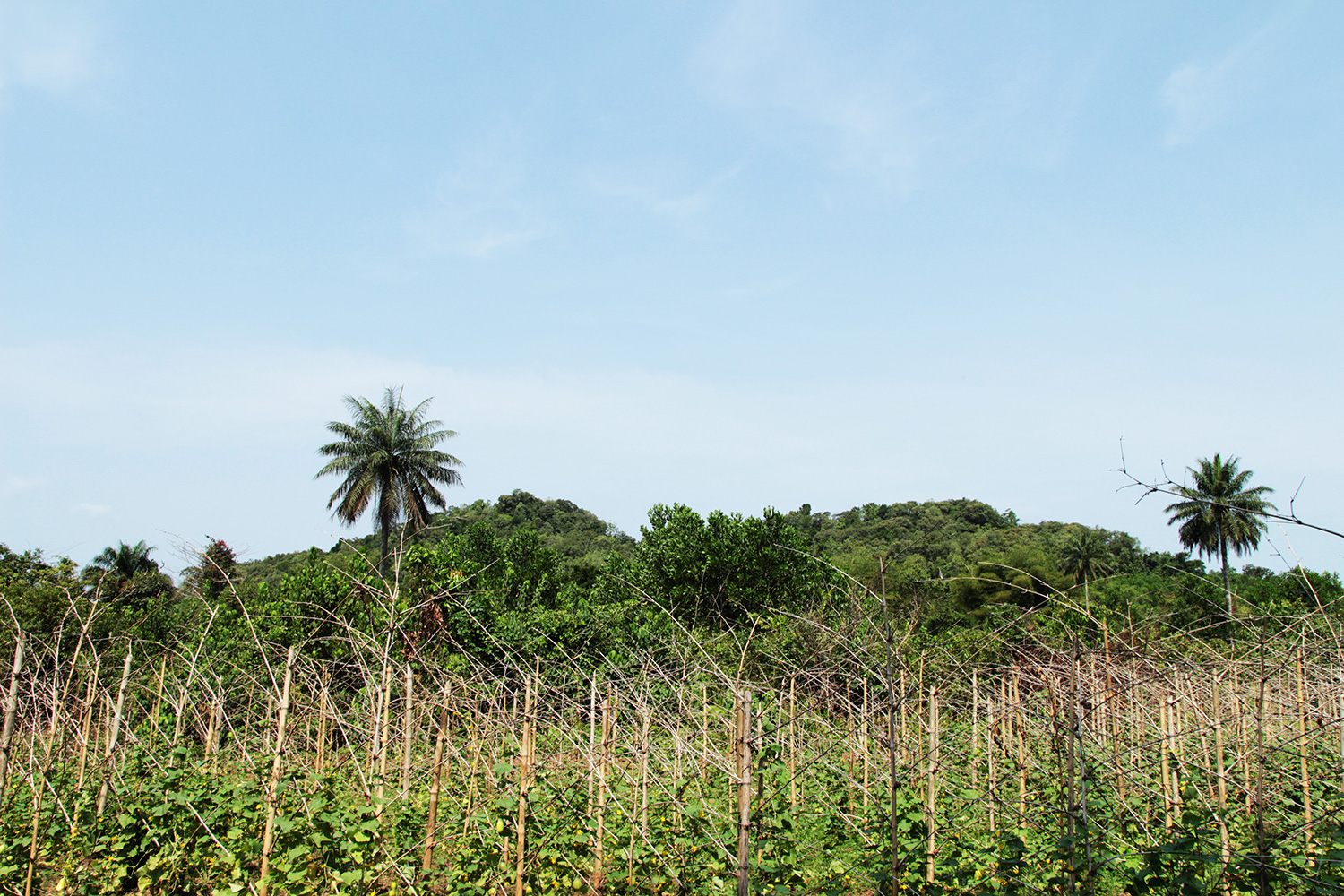
5. Leveraging research to accelerate climate action
BRAC is also using research to increase the impact of climate action. For example, BRAC has established agriculture research and development centers to develop and test new seed varieties that are nutritious and resistant to climate shocks like drought and flooding.
Additionally, BRAC and Yale together launched the Science of Scaling Lab, which will research promising climate solutions in order to scale them up.
BRAC has also partnered with Community Jameel and Massachusetts Institute of Technology to develop the Jameel Observatory Climate Resilience Early Warning System (JO-CREWSnet), a platform that will leverage data and research insights to forecast the local impacts of climate change on people’s lives, homes, and livelihoods. JO-CREWSnet will empower people to proactively prepare for and adapt to climate impacts in their communities.
>>>Learn why climate action must be inclusive. 6 experts explain.
Sarah Allen is Communications Manager at BRAC USA.
